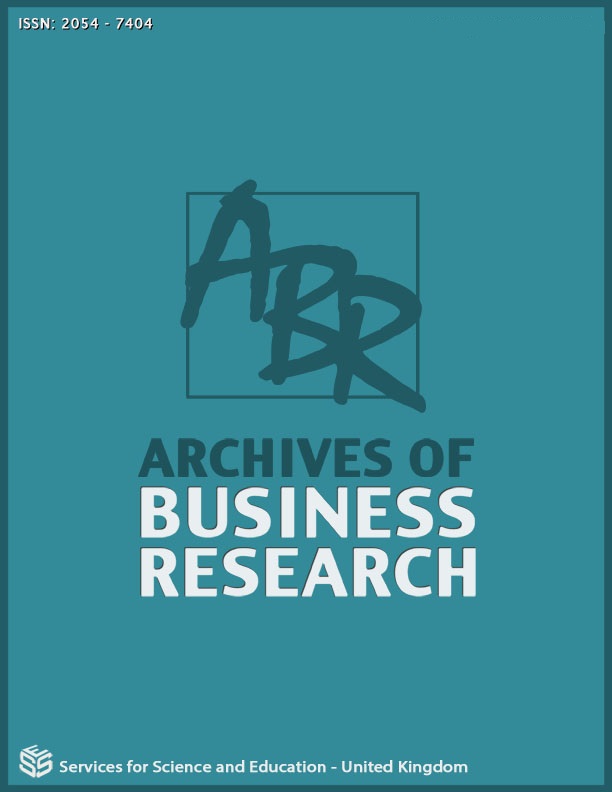Economic Growth, Money Supply, Government Spending, Government Revenue and Inflation in Nigeria: An Empirical Perspective
DOI:
https://doi.org/10.14738/abr.1211.17801Keywords:
Inflation, Economic Growth, Nigeria, RegressionAbstract
This study examines the relationship between real GDP (RGDP) and key economic variables—money supply, inflation, government spending, government revenue, and exchange rates—in Nigeria from 2004 to 2019. Using a multiple regression model, the findings reveal a strong fit, with an R Square value of 0.723, indicating that 72.3% of the variability in RGDP is explained by the model. The results show that government spending and revenue have a significant positive impact on economic growth, while inflation and money supply are associated with negative effects. The exchange rate also positively influences RGDP, though to a lesser extent. These findings highlight the importance of prudent fiscal and monetary policies in fostering sustained economic growth in Nigeria.
Downloads
Published
How to Cite
Issue
Section
License
Copyright (c) 2024 Alan Harper, Raufu Sokunle, Israel Rachevski

This work is licensed under a Creative Commons Attribution 4.0 International License.






